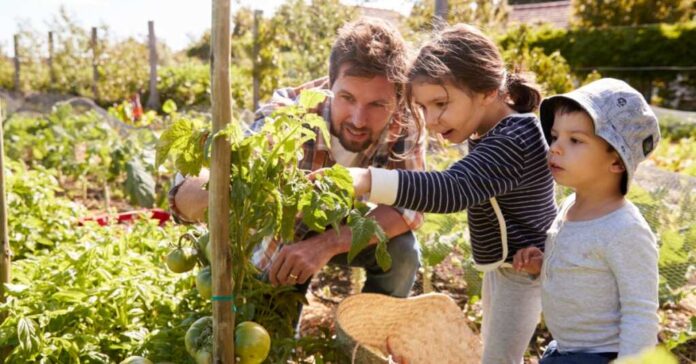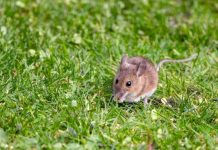
In an age where grocery store prices are soaring and food supply chains can feel precarious, more Americans are turning to self-reliance by growing and preserving their own food. It’s not just a practical skill—it’s a deeply satisfying way to connect with nature, save money, and ensure you know exactly what’s on your plate. Whether you’re an experienced gardener or a complete beginner, cultivating self-reliance through food is a journey worth taking.
Step 1: Start Small and Grow Smart
You don’t need acres of land to begin growing your own food. A small backyard garden, a few raised beds, or even containers on a sunny balcony can yield impressive results. Start with easy-to-grow vegetables like tomatoes, peppers, lettuce, and zucchini. Herbs like basil, parsley, and cilantro are also great for beginners and thrive in smaller spaces.
When planning your garden, consider your local climate and growing season. Research what grows best in your area and when to plant. For those new to gardening, seed packets and starter plants come with helpful instructions, and local gardening centers are invaluable resources.
Step 2: Composting—Nature’s Recycling
A successful garden starts with healthy soil, and one of the best ways to enrich your soil is by composting. Kitchen scraps like vegetable peels, coffee grounds, and eggshells, combined with yard waste like grass clippings and leaves, create nutrient-rich compost. Not only does this reduce waste, but it also provides your plants with the natural fertilizer they need to thrive.
Step 3: Water Wisely and Naturally
Water is a precious resource, and learning to water efficiently is a key part of self-reliant gardening. Install rain barrels to collect and reuse rainwater, and water your plants early in the morning or late in the evening to reduce evaporation. Mulching around plants can help retain moisture and keep weeds at bay.
Step 4: Harvesting and Preserving Your Bounty
When your garden starts producing, the real fun begins. Eating freshly harvested produce is a reward in itself, but preserving your bounty ensures you can enjoy your hard work year-round. There are several simple methods for food preservation:
- Canning: This tried-and-true method involves sterilizing jars and sealing produce like tomatoes, pickles, and jams for long-term storage. It’s a bit of a process but well worth the effort.
- Freezing: Many fruits and vegetables freeze beautifully. Simply wash, blanch, and store them in airtight freezer bags or containers.
- Dehydrating: A food dehydrator or even your oven can turn fruits, vegetables, and herbs into long-lasting, shelf-stable snacks.
- Fermenting: Fermentation is an ancient preservation method that’s making a comeback. Think homemade sauerkraut, kimchi, or pickles. It’s healthy and delicious.
The Benefits of Self-Reliance
Growing and preserving your own food isn’t just about saving money—it’s about gaining control over what you eat. You’ll know exactly how your food was grown, without pesticides or chemicals, and you can customize your preservation methods to suit your tastes.
There’s also a profound sense of satisfaction that comes with self-reliance. Watching seeds sprout and turn into food is an incredible experience that reconnects you with the natural world. Teaching these skills to your children or grandchildren ensures these traditions live on for future generations.
Building Community and Sharing Abundance
Another wonderful aspect of self-reliance is the sense of community it fosters. Sharing your surplus harvest with neighbors or bartering with fellow gardeners creates connections and encourages others to start their own self-reliant journey. Community gardens are also a great way to learn from others and expand your growing space.
Why It Matters
In today’s world, being prepared and self-sufficient is more important than ever. Growing your own food and learning how to preserve it not only reduces dependency on external systems but also instills a sense of independence and pride. It’s a skill set that will serve you well in any situation and bring immense joy along the way.











